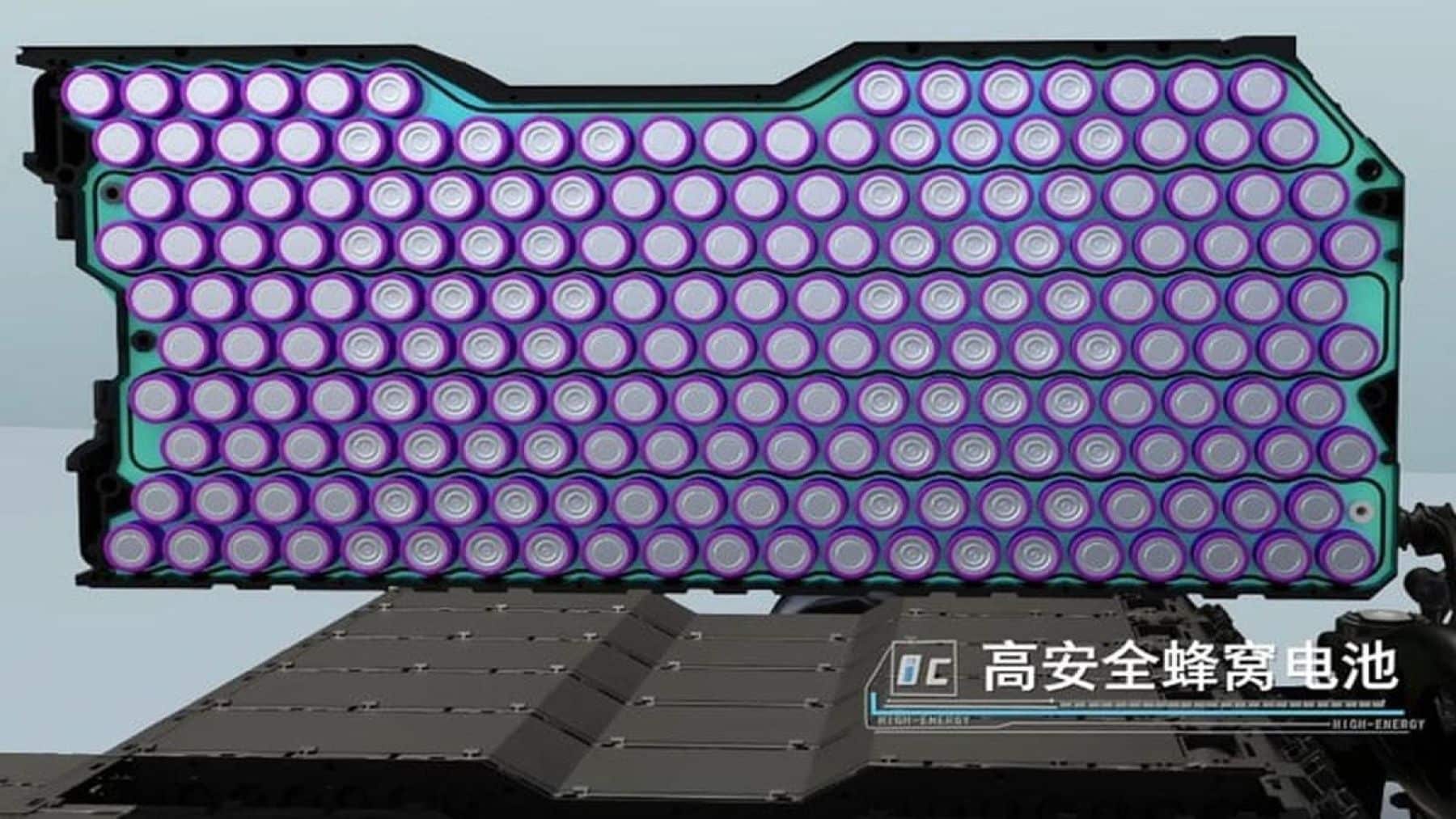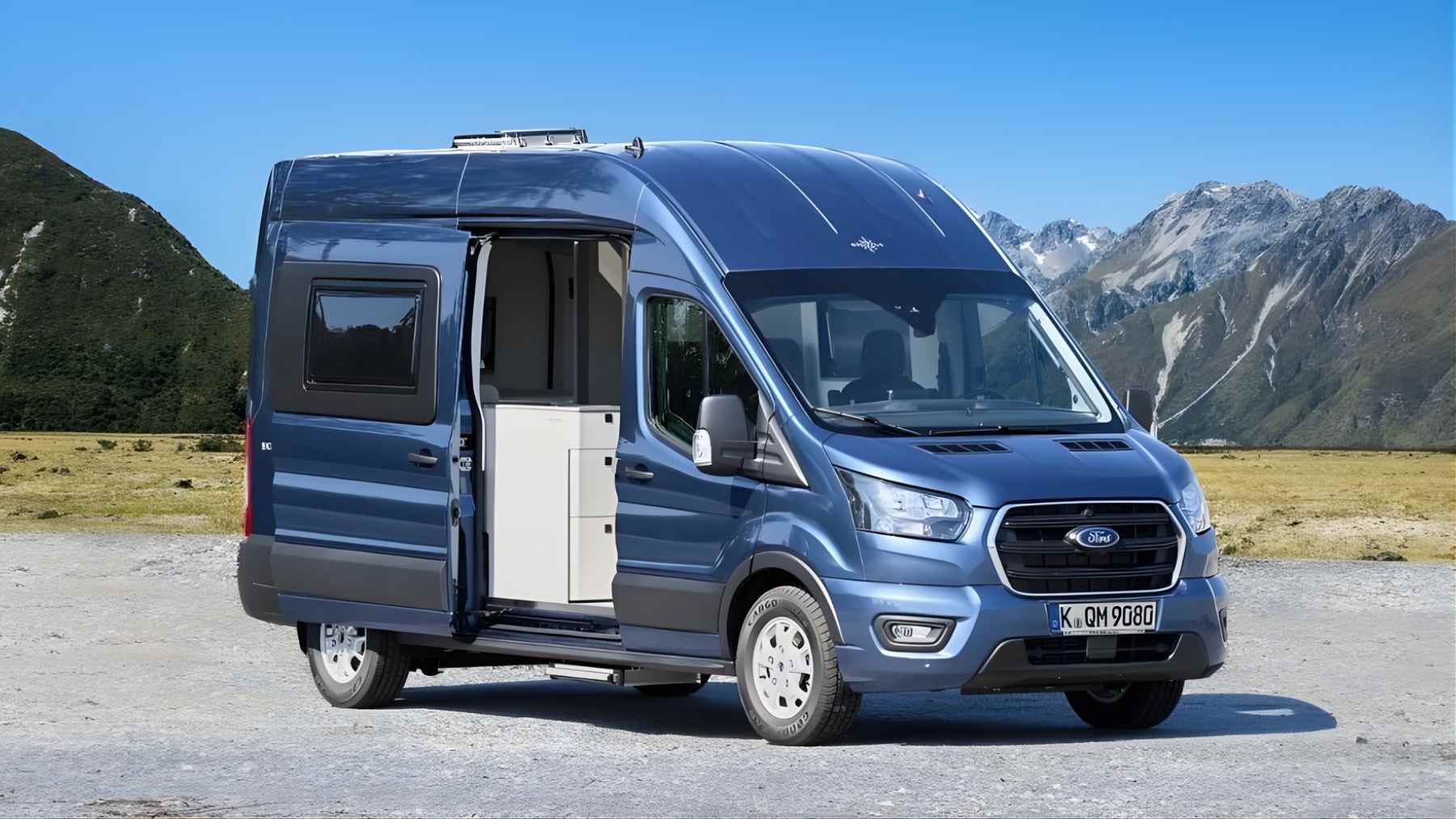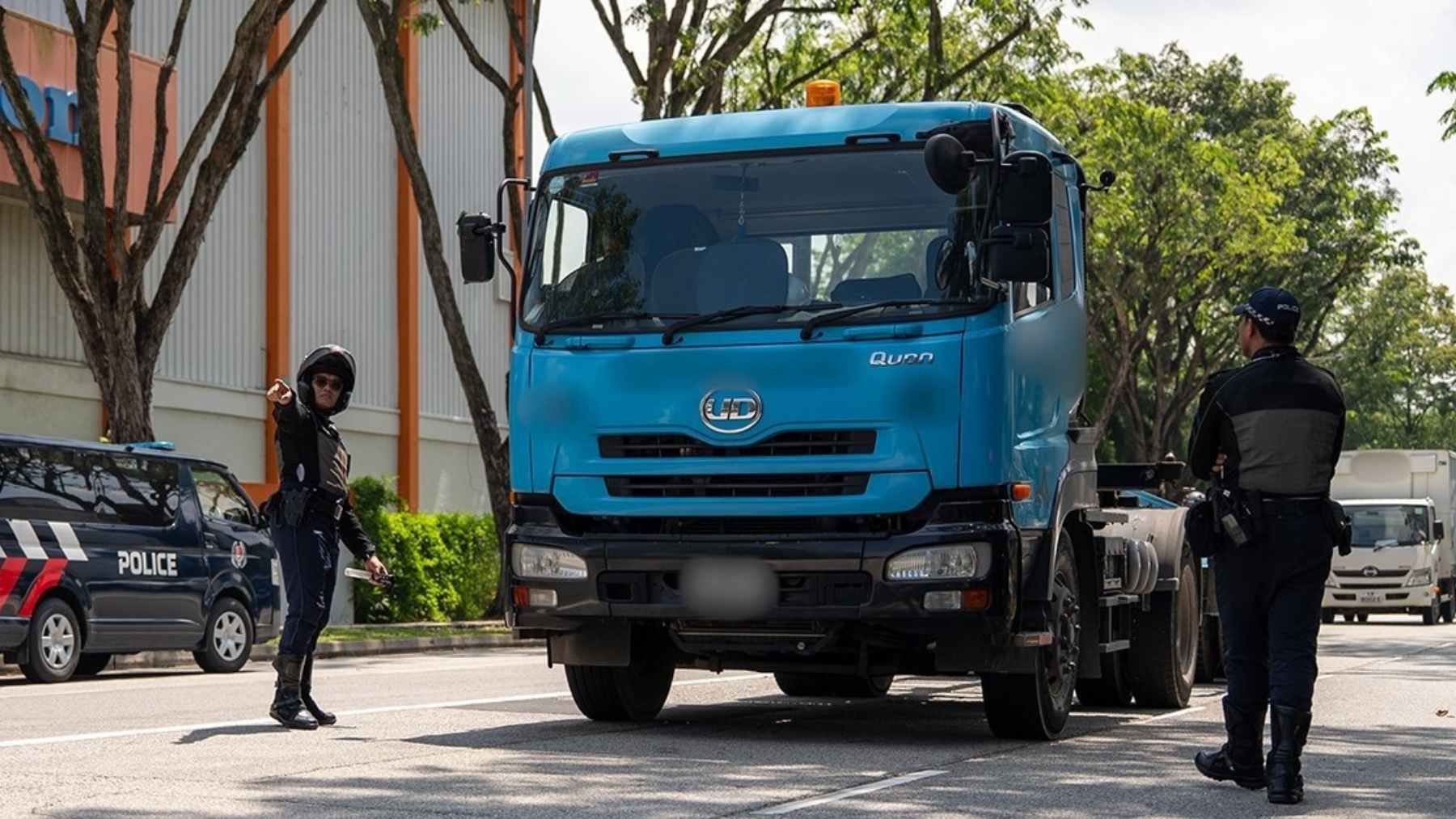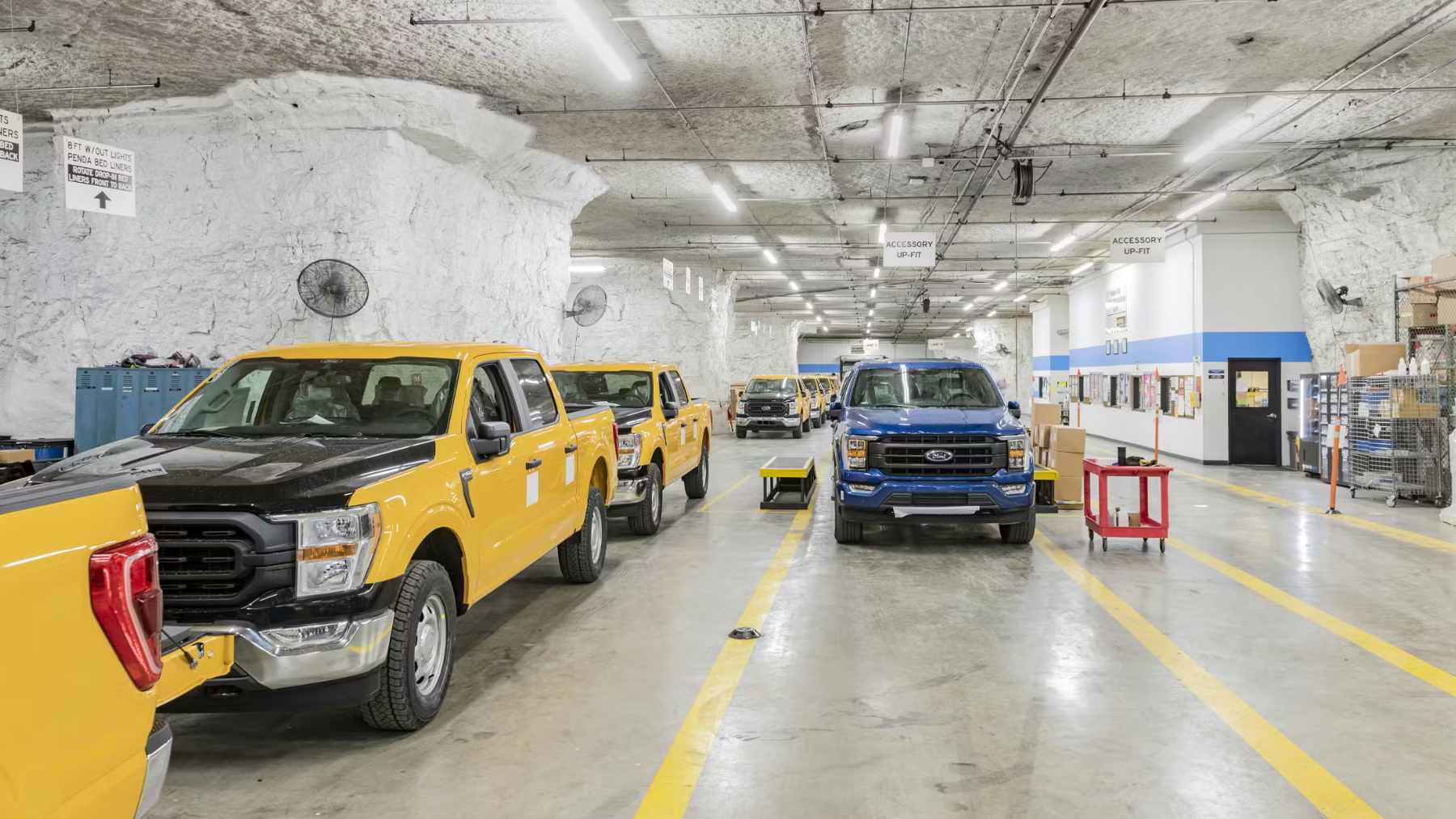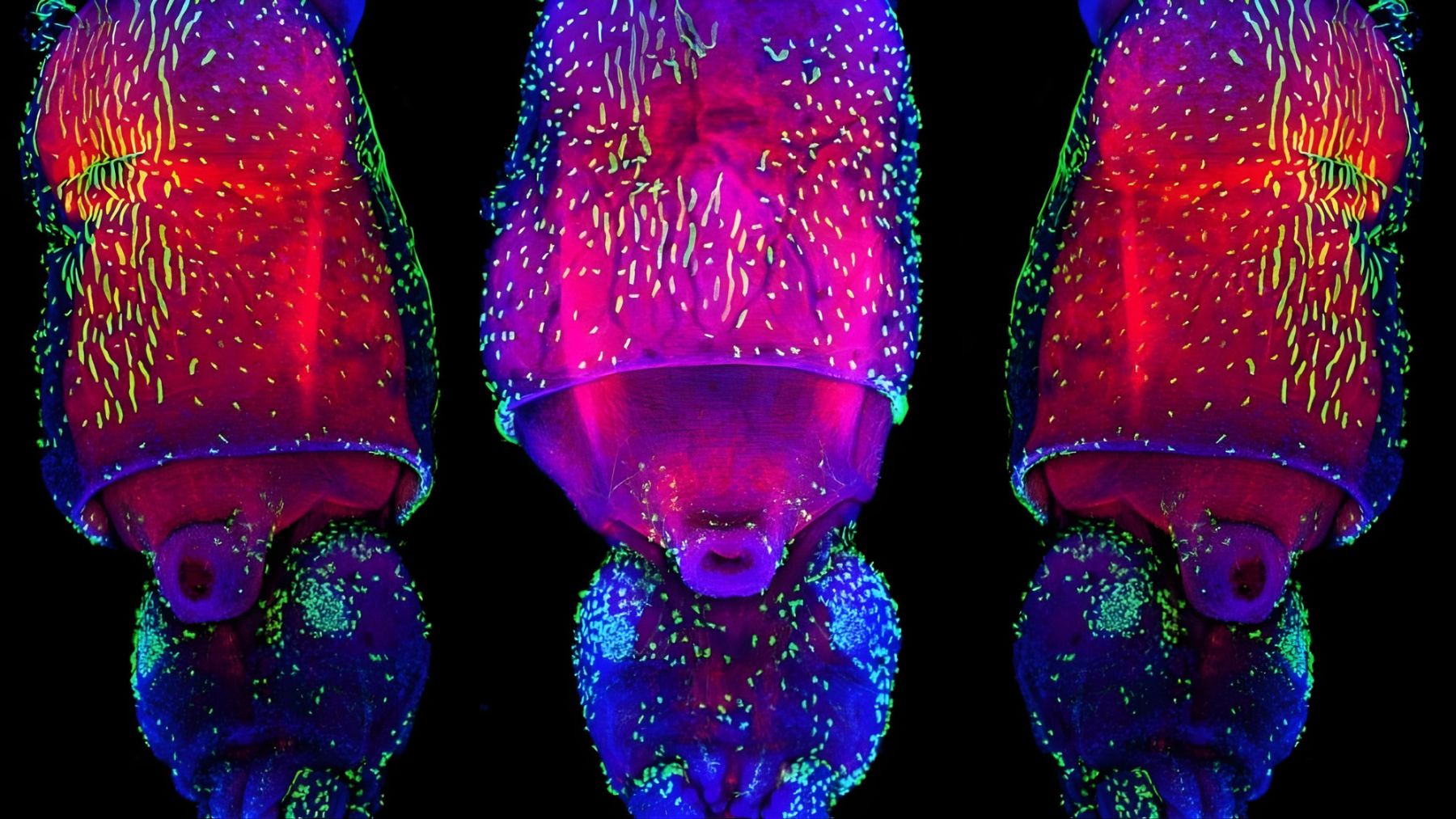Hydrogen technological advancement has been instrumental to the expending of renewable energy sources. As the transportation sector continues to advance alternative engine solutions, more innovative ideas are beginning to emerge as researchers strive to achieve more renewable sources in a climate-conscious world. While electric vehicles have been the reigning supreme alternative engine solution, hydrogen engines have also been fast up and coming. However, sodium-ion batteries are well on their way to being the next big focus in the transportation industry.
Lithium batteries: A problem for electric vehicles
Electrical vehicles have long been seen as a ground-breaking and revolutionary development in the transportation sector. They are the most popular choice of alternative engine solutions on the road, with the plug-in hybrids being the most prevalent on the road. Almost all major automobile companies include electric and plug-in hybrid vehicles in their model lineup with the pressure to remain competitive to highlight to consumers their commitment to carbon-neutralization.
However, a big barrier standing in the way of electrical vehicles and carbon neutrality is the lithium the batteries are made out of. One ton of mined lithium emits 15 tones of carbon dioxide. While the electric vehicles upon completion have much lower carbon emissions than vehicles with internal combustion engines, however, the mining process to extract the lithium is incredibly energy intensive. This has made electric vehicles receive criticism for their renewable claims, as many companies do not disclose the fact that the lithium mining practice is harmful for the environment.
Sodium-ion batteries as an alternative to lithium
To address to controversy with using lithium-ion batteries in electric vehicles, researchers have been investigating the potential that sodium holds as an alternative to using lithium. Not only is it cheaper to manufacture than lithium, but is also much easier to source and more environmentally friendly to extract. One advantage of using sodium is that it could significantly help to reduce the price of electrical vehicles, as sodium is more abundant than lithium.
However, a concern regarding the use of sodium-ion batteries is the lower energy density thy hold than when compared to conventional lithium-ion batteries. Because they have a lower energy density, it would mean that electrical vehicles would have a much lower driving range and would need to be charged more often than what current industry standards are with the use of lithium-ion batteries. In addition, while they are a more environmentally friendly alternative when compared to lithium, the extraction process would still be complex, and would not be entirely carbon-free.
Continued innovation in the transportation industry is essential
While the feasibility of sodium-ion batteries is still under consideration, continued innovation in the transportation industry is essential in order for the world to meet its climate objectives. Advancing current technology is at a critical point, as the world edges closer to a total climate crisis where we reach a point where we cannot undo any damage to the climate. In addition, better infrastructure to electrical vehicles is essential for the long-term trajectory of the vehicles. If we are to convince consumers to give up the internal combustion engine, they need to know that the proper infrastructure is in place to support long-haul use of an electric vehicle.
In addition to electric vehicles, hydrogen engines continue to also advance in capability and efficiency. With Japanese major automobile company Toyota leading the way, the engines are playing a key role in diversifying alternative engine solutions, showcasing how critical technological advancement is to the future of our planet. Toyota has also been instrumental in pushing for ways to revolutionize the internal combustion engine, as adapting current technology to be “greener” would help to accelerate the adoption of alternative engine solutions faster.
